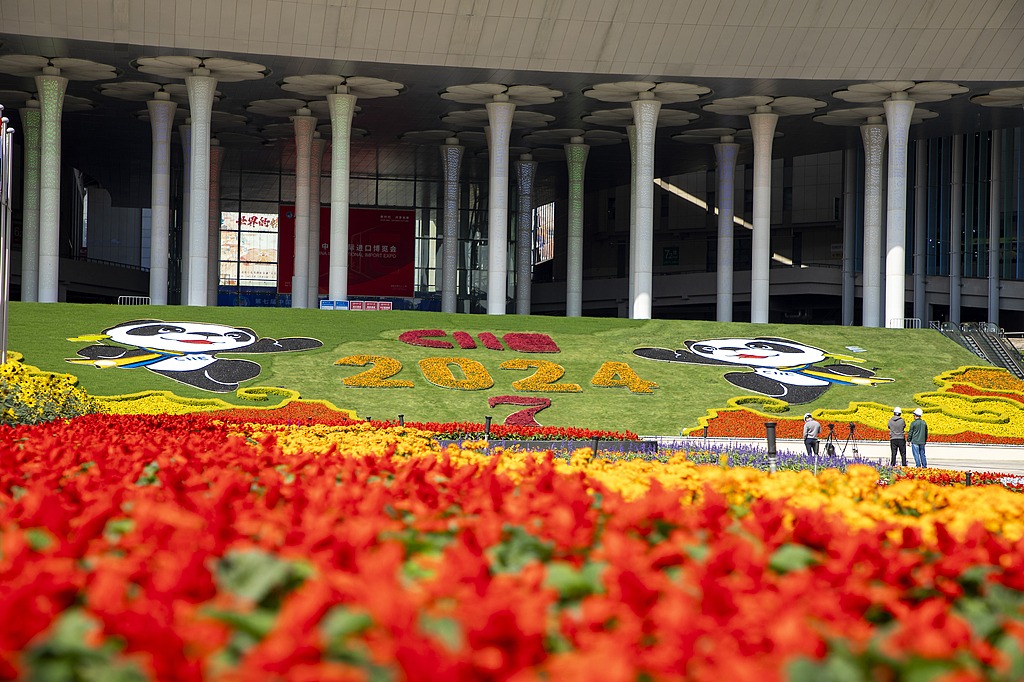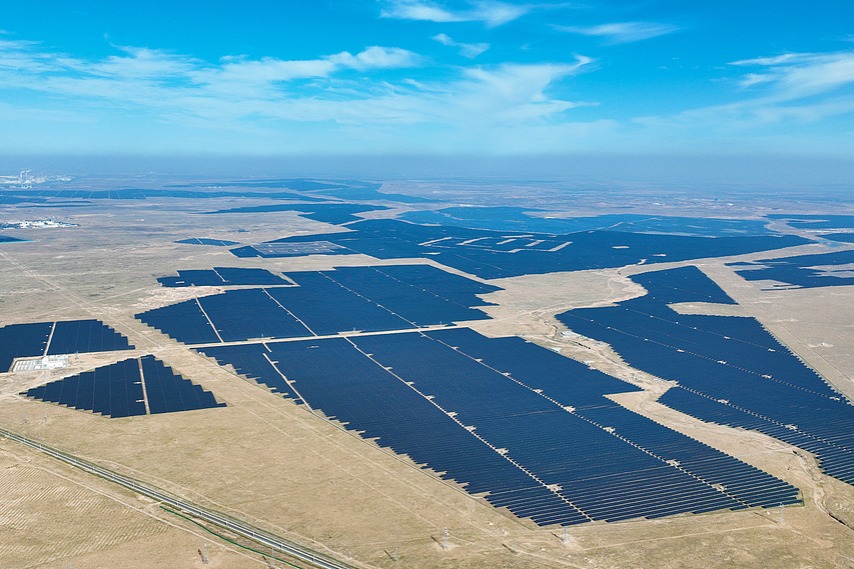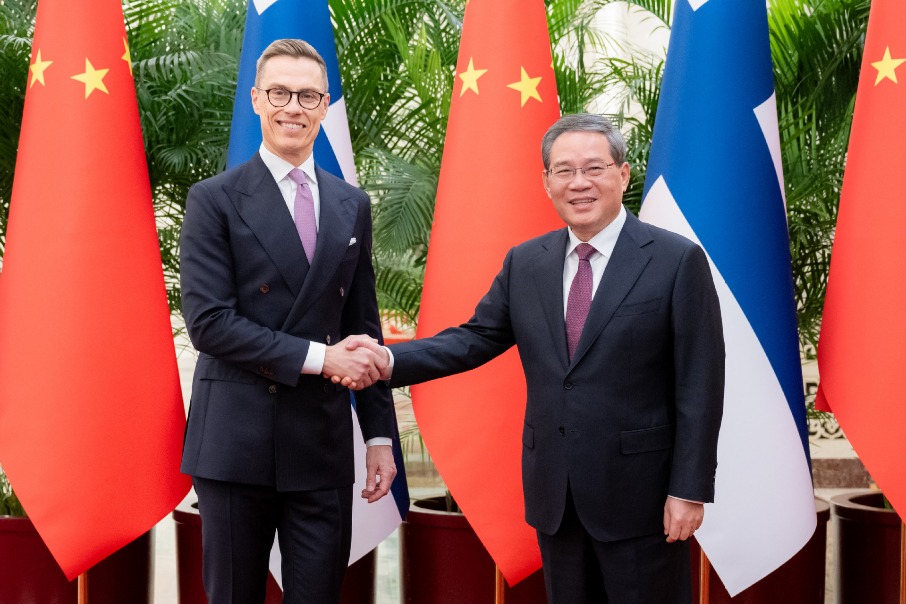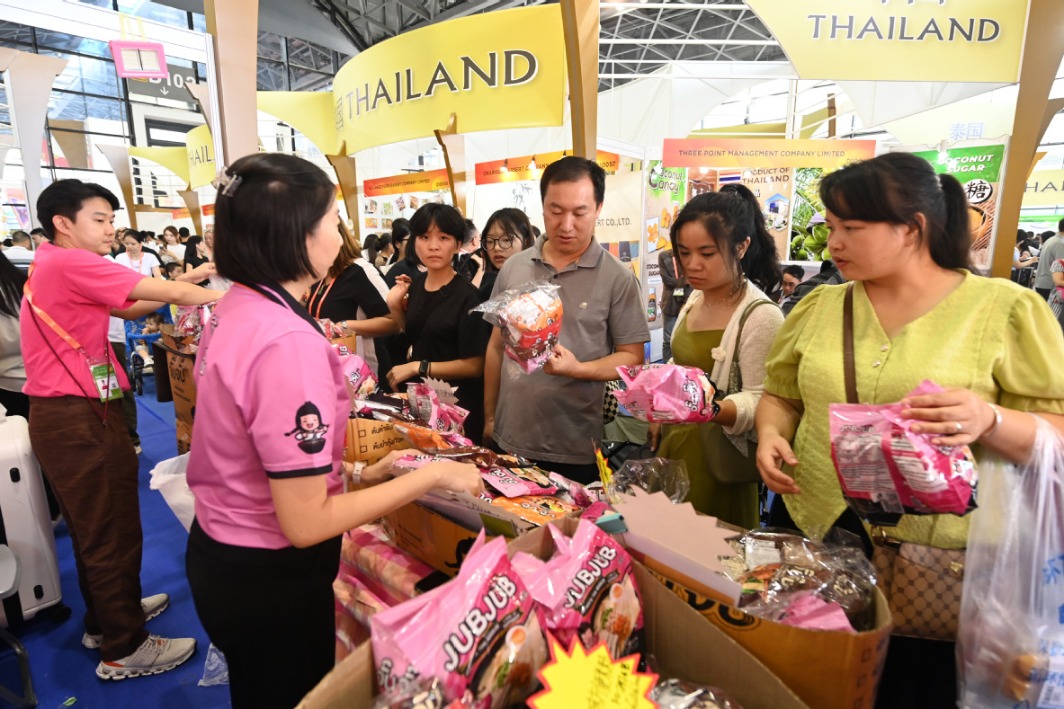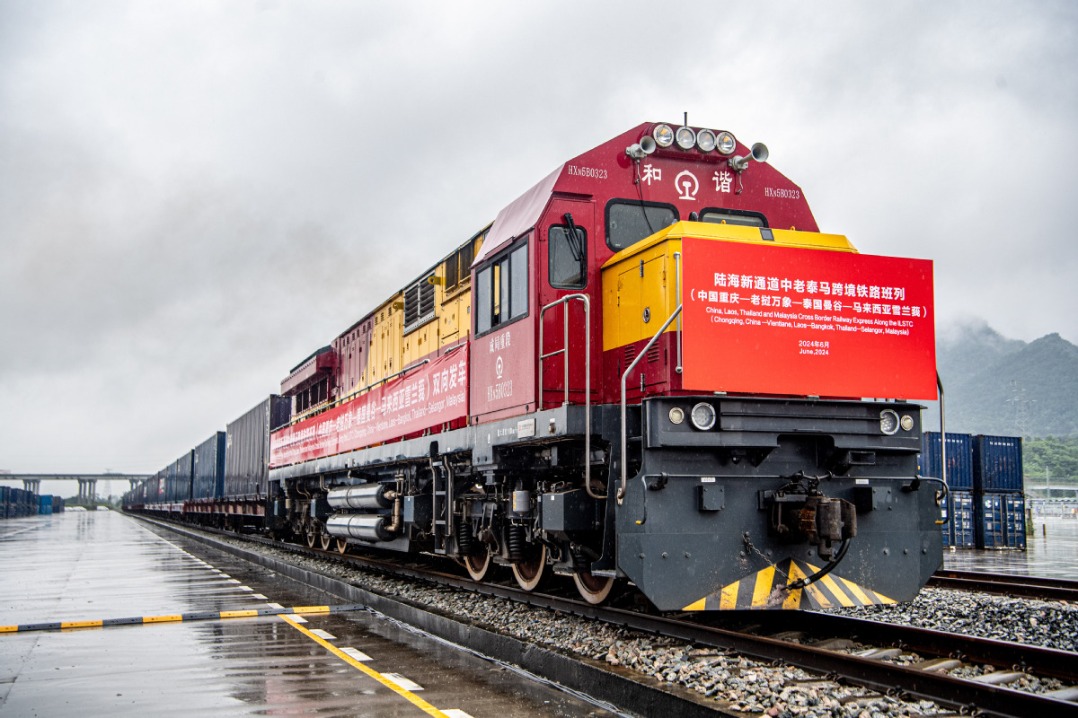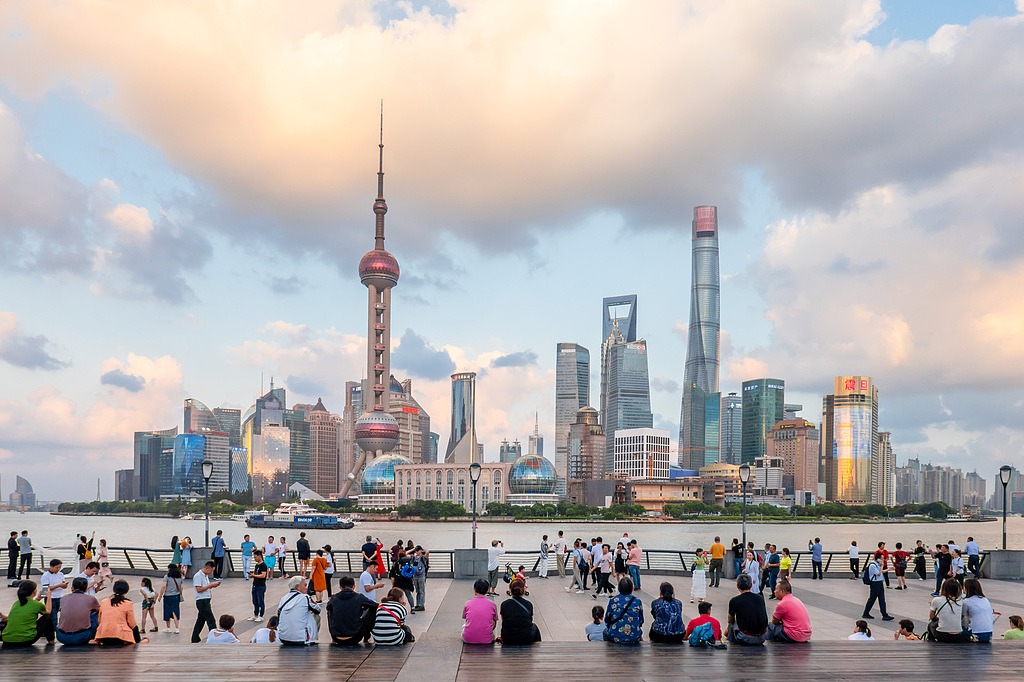Liaoning FTZ trades on its strategic location





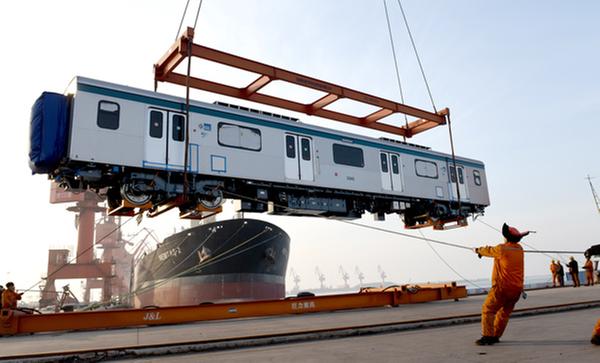 |
| A worker in Yingkou Port loads a China-made train coach onto a vessel for export to Brazil. [Photo/Xinhua] |
Editor's Note: The efforts to stimulate economic growth through free trade zones or FTZs at strategic locations received a new dimension over the weekend with the launch of seven new FTZs. In this first of the planned series of special features, China Daily turns the spotlight on the new China (Liaoning) Pilot FTZ, which will transform three northeastern provinces and the eastern Inner Mongolia autonomous region. Their 110 million people and a regional GDP of over 6 trillion yuan ($871 billion) are key to the Chinese economy. The FTZ aims to promote not only a more open and friendly domestic and foreign trade but international cooperation in Northeast Asia. Even as the new economy continues its march, the FTZ will revitalize the industrial strengths of its constituents Shenyang, Dalian and Yingkou. The stories here will give you a sense of the economic rejuvenation China's northeast is about to witness.
Industrial base of Northeast China to be revitalized to unleash potential of huge market
The central government announced the launch of the China (Liaoning) Pilot Free Trade Zone over the weekend to revitalize the traditional industrial base in Northeast China and promote international economic and trade cooperation in Northeast Asia.
Three northeastern provinces and eastern Inner Mongolia autonomous region account for 110 million people with GDP reaching 6 trillion yuan ($870.83 billion). Pillar industries include manufacturing, vehicles, coal and animal husbandry products, according to the National Bureau of Statistics.
"With the implementation of the FTZ, Liaoning has become an integral part of the national strategy to build an open and new economic system and take major reform and opening up responsibility." said Li Xi, Liaoning provincial Party Secretary.
"We should set up strategic thinking and global vision and push the work together with the Belt and Road Initiative."
As early as 2015, Li, then the governor of Liaoning province started calling for the establishment of the Liaoning FTZ.
"The biggest challenge for Liaoning and even the whole of northeast China, is the rigid institutional mechanism. The FTZ will be a breath of fresh air and force government to recreate the service system," said Song Yanlin, director of Liaoning Free Trade Zone.
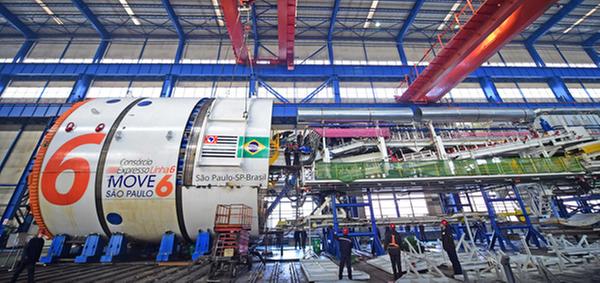 |
| An employee works on the assembly line of Dongfeng Nissan in Dalian, Liaoning province. [YANG QING / FOR CHINA DAILY] |
The FTZ will help accumulate a wide range of resources and prompt diversified investment, consumption and foreign trade, which would become a new engine for the local economy, suggested Lu Zhongchang, vice-president of the Dalian University of Technology.
Liaoning FTZ consists of three parts in Dalian, Shenyang and Yingkou. Dalian will focus on port logistics and financial business; Shenyang will focus on equipment manufacturing, automotive and spare parts; and Yingkou will focus on business logistics and cross-border e-commerce.
"The core function of FTA is to promote domestic and foreign trade. It can only succeed when a large number of small- and medium-sized companies from various countries can profit from this platform," said Yang Baowei, general manager of Neunn Technology Co, which is assisting the construction of data network in Shenyang FTZ.
His view was echoed by Tu Ming, CFO of General Electric China. Tu said the simplified process and flexible policies help set up links between local business and the global market, which will greatly benefit the development of Liaoning. "In fact, we expect this will not only benefit our business in the northeastern region of China, but also GE's development in China."
In addition to promoting the reform of government institutions, the Liaoning FTZ also undertakes the task of integrating international economic and trade cooperation in Northeast Asia.
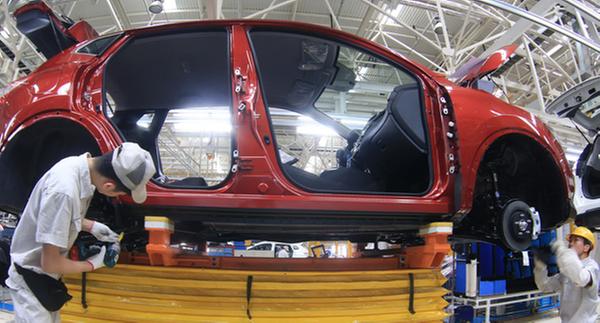 |
| Workers test the home-made shield tunneling machine in Northern Heavy Industries Group Co Ltd in Shenyang, Liaoning province, before shipping it to St. Paul in Brazil. [ZHANG CHUNLEI / FOR CHINA DAILY] |
Shenyang is the transportation, trade, culture and political hub of northeast China. There are six countries setting up consulates here, including the United States, Japan, France and Germany. A number of transnational headquarters chose the city as their regional headquarters.
In fact, 20 years ago, the United Nations Development Program launched the Tumen project to promote economic and trade cooperation between China, Japan, the Republic of Korea, the Democratic People's Republic of Korea, Russia and Mongolia.
Japan Consul General Ishizuka Hideki said the FTZ will further accelerate the international business environment and enhance the attractiveness for foreign enterprises.
"According to the statistics in 2015, Japan ranked as the largest export and second-largest import partner for Liaoning. We are very close partners in the economic and trade areas. The FTA will help deepen relations between Japan and Liaoning province and other regions in Northeast China. I, myself, and other Japanese companies that have invested or will invest all have big expectations from this."
German Chancellor Angela Merkel and the then ROK Prime Minister Hwang Kyo-ahn visited Shenyang last year. And in November, Yingkou Port Group Co, Ltd signed a cooperation agreement with the Russian Railways Co Ltd to implement the Belt and Road Initiative.
Zou Yumeng contributed to this story.












